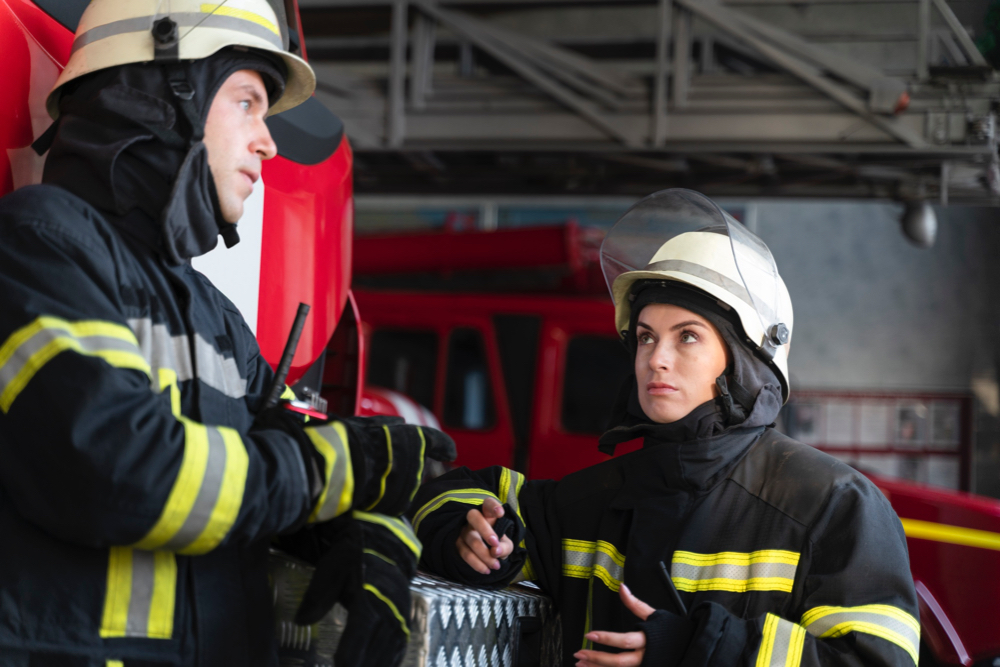In the realm of architectural and engineering endeavours, safety stands as an utmost priority. Among the myriad considerations, fire life safety regulations emerge as critical guidelines shaping the design, construction, and operation of buildings. As guardians of safety, engineering consulting services play a pivotal role in navigating the complex landscape of fire life safety standards. In this discourse, we provide insights into the intricate realm of fire life safety regulations and how engineering consulting services adeptly navigate these standards to ensure that building projects meet safety requirements.
Understanding the Significance of Fire Life Safety Regulations
Fire incidents in buildings can have catastrophic consequences, posing threats to life, property, and the environment. Fire life safety regulations serve as proactive measures to mitigate these risks, encompassing a comprehensive framework of standards, codes, and guidelines. These regulations are formulated by local authorities, international standards organizations, and industry bodies, with the overarching goal of safeguarding occupants, minimizing fire hazards, and facilitating effective emergency response.
The Complex Landscape of Fire Life Safety Standards
The landscape of fire life safety standards is multifaceted, characterized by a myriad of regulations governing various aspects of building design, construction, and occupancy. From building codes stipulating minimum requirements for fire detection, suppression, and egress to performance-based standards allowing flexibility in design approaches, navigating this intricate terrain requires comprehensive knowledge and expertise. Moreover, fire safety regulations evolve over time in response to emerging threats, technological advancements, and lessons learned from past incidents, adding another layer of complexity to compliance efforts.
The Role of Engineering Consulting Services
Engineering consulting services serve as indispensable partners in ensuring compliance with fire life safety standards. These professionals possess specialized knowledge and experience in fire protection engineering, enabling them to navigate the regulatory landscape with precision and proficiency. From conducting risk assessments and code analysis to designing fire protection systems and facilitating regulatory approvals, engineering consultants play a multifaceted role in ensuring that building projects meet safety requirements while optimizing performance and efficiency.
Conducting Comprehensive Risk Assessments
At the outset of a project, engineering consulting services conduct comprehensive risk assessments to identify potential fire hazards and vulnerabilities. These assessments encompass various factors, including building occupancy, construction materials, fire load, egress capacity, and proximity to fire sources. By evaluating the likelihood and consequences of fire incidents, consultants can develop tailored mitigation strategies to minimize risks and enhance fire life safety.
Analysing Applicable Building Codes and Standards
Building codes and standards serve as the foundation of fire life safety regulations, providing prescriptive requirements and performance criteria for building design and construction. Engineering consulting services meticulously analyse applicable codes and standards to ensure that building projects comply with regulatory requirements. This entails interpreting code provisions, identifying relevant design parameters, and proposing compliant solutions that prioritize occupant safety and building resilience.
Designing Fire Protection Systems
One of the core responsibilities of engineering consulting services is designing fire protection systems that effectively mitigate fire risks and facilitate safe egress. This encompasses a range of systems, including fire detection, alarm, suppression, and smoke management systems. Engineering consultants leverage their technical expertise to specify appropriate system components, design layouts, and integration strategies, ensuring seamless functionality and reliability in the event of a fire emergency.
Facilitating Regulatory Approvals
Navigating the regulatory approval process is a critical aspect of ensuring compliance with fire life safety standards. Engineering consulting services collaborate closely with regulatory authorities to obtain necessary permits and approvals for fire protection systems and building designs. This involves submitting detailed plans, conducting reviews, addressing regulatory feedback, and ensuring that all requirements are met before construction commences. By fostering proactive dialogue and cooperation with regulatory stakeholders, consultants streamline the approval process and mitigate potential delays.
Integrating Fire Life Safety into Design
Fire life safety considerations are integral to the design process, encompassing architectural, structural, and mechanical aspects of building projects. Engineering consulting services work collaboratively with architects, designers, and other stakeholders to integrate fire protection measures seamlessly into the overall design concept. This includes optimizing building layout for efficient egress, specifying fire-resistant materials, incorporating passive fire protection features, and implementing active fire suppression systems. By embedding fire life safety principles into the design DNA, consultants ensure that safety remains paramount throughout the project lifecycle.

